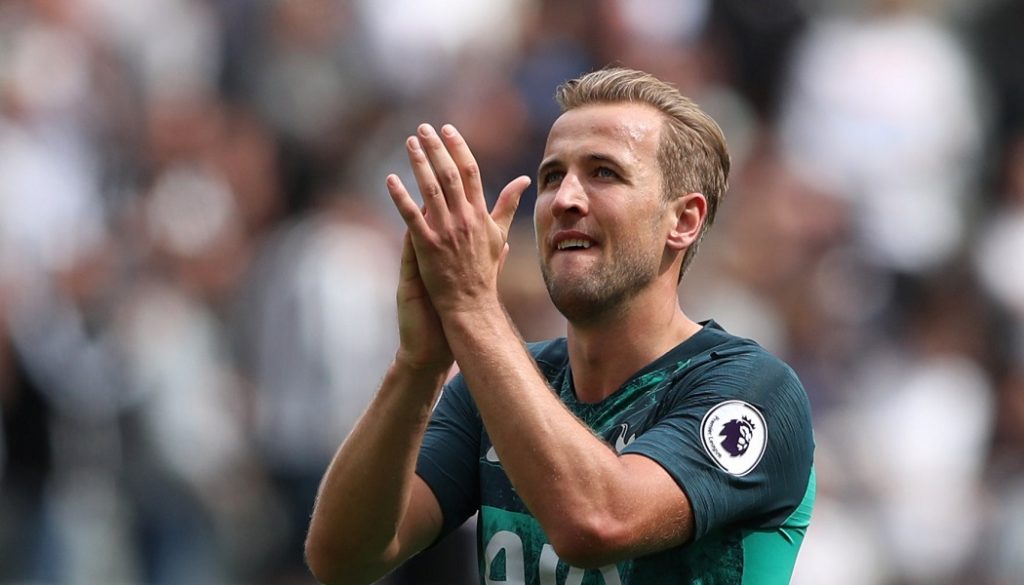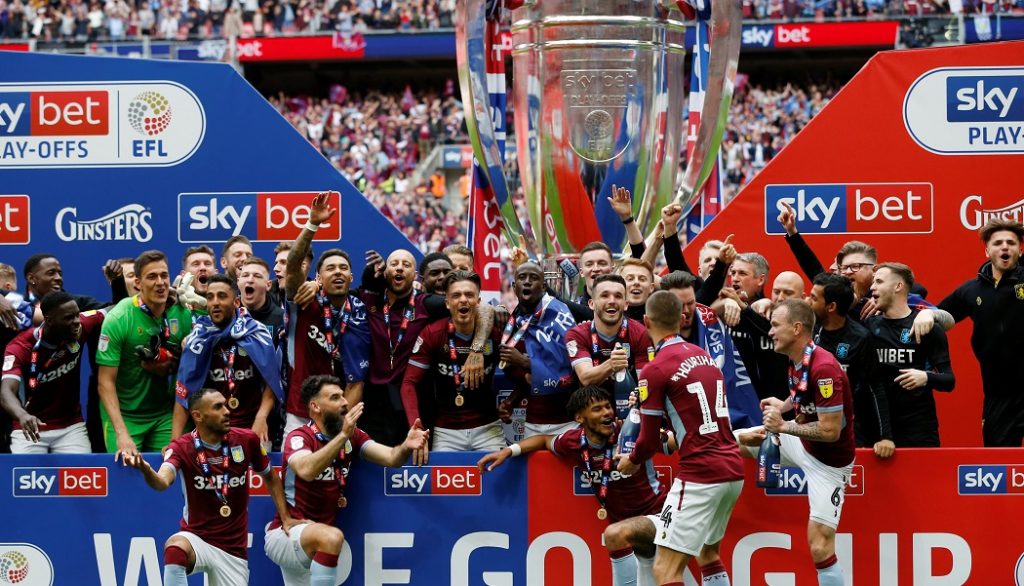“All Options Should Be On The Table” – Should The Government Support EFL Clubs Through The COVID Era?
October 27, 2020
A topic high on everyone’s lips involved in sport in the UK recently has revolved around how sport, and particularly, must overcome the Covid period. Football clubs below the Premier League have been suffering drastically, so Fantastec’s Steve Madincea gives his views on the issue here.
Managing the finances of a lower league club can be a difficult affair at the best of times. Recently, we’ve witnessed historic names such as Bury F.C, Bolton Wanderers, and Charlton Athletic all fall upon hard times. Now, the Coronavirus pandemic is wreaking devastation across the footballing establishment, with matchday revenue absent and showing no sign of an imminent return.
The last few weeks have been fractious within the footballing industry as clubs look for ways to shore up football’s future. The question of who foots the bill for the present revenue black hole in the world of football is now a heated debate – is Government support needed, or must the Premier League provide financial help?
Those arguing the Premier League need not provide support are assuming football mirrors any other business – but the Premier League does not exist as a vacuum.
But many lower league clubs do not have time to sit back and watch the argument play out. As many as 60 clubs are estimated to be at risk of going out of business. The EFL says it stands to lose £200m due to the absence of matchday revenue and crowd spend this season. So, what action needs to be taken, and by whom?
Is it the duty of the Premier League to act?
Lower league teams lack the commercial sponsors and big broadcast deals of the top teams, and so are being hit hardest by the loss of matchday revenue which forms a greater part of their annual revenue. The Premier League’s most recent rescue offer provided nothing for the Championship and was rejected by the EFL for being nowhere near enough.
Those arguing the Premier League need not provide support are assuming football mirrors any other business – but the Premier League does not exist as a vacuum. Lower league teams are integral in feeding talent through to the top, while the loan system enables young players to gain experience and cut their teeth before making it big.
The Premier League is also renowned as one of the most competitive leagues in the world, and this relies on the premise lower league clubs can break through.
As one example, Harry Kane earned his stripes playing for Leyton Orient and Millwall long before becoming a star in the Premier League. The Premier League is also renowned as one of the most competitive leagues in the world, and this relies on the premise lower league clubs can break through. Leicester City’s 2016 Premier League win is testament to the fact the system works.
Lower league football is in a precarious position, and the Premier League has the means and capacity to help- and so it should act. There are numerous cash and non-cash ways for the league to assist. You could argue for direct financial support, yet the Premier League could also include the EFL football within its own TV broadcast packages. They could do the same with commercial partners making the pie bigger for all.
With the distribution of funds across the footballing pyramid currently skewed towards the top clubs, it is welcome news the league is now exploring how to restructure football’s finances and ensure financial sustainability for the future.
Should the Government provide a bailout?
The Government indicated this month it expects the Premier League to step up and help the rest of the pyramid. However, the pandemic has created a unique situation, and one which the FA and the leagues cannot resolve on their own.

The Government needs to look at one of the country’s most valued resources and provide support as well. Football is arguably the UK’s greatest export; internationally, 188 countries receive Premier League football broadcasts, making it the market leader in global reach and engagement.
The League’s contribution to UK GDP stood at £7.6 billion according to Ernst and Young’s 2019 report- the equivalent of 100,000 full-time jobs. More than that, research commissioned by the British Council found football is crucial to the UK’s attractiveness as a place to visit and do business with. Man City and Man Utd, for example, are vital in promoting Manchester as a place to visit, live and invest in. As well as this, football plays a major role in the social fabric of the UK, creating community cohesion, and providing educational and sporting opportunities for so many.
The Government has provided much-needed support for the NHS and for teachers and schools, both of which are integral to British society, but I would argue football is also a huge part of UK daily life. Clubs cannot afford to wait while the Premier League debates its next steps, and so the Government needs to act.
Without the heart of the EFL and grassroots football behind it, the PL cannot hope to maintain the dominant position it has enjoyed as a global brand.
There are numerous ways the Government can provide support that would help relieve the short-term economic fallout from the pandemic, both directly and indirectly. All options should be on the table and these discussions must be had in support of an industry that is so important to the battling spirit- and economic recovery- of the nation.
Time for change
English football stands at a moment of reckoning. As clubs await much-needed lifelines, they must look to new revenue streams, with digital connectivity as their focus. Emerging technologies provide a myriad of opportunities. For example, we created Fantastec SWAP to allow football fans to collect and curate their special moments from throughout the season whether they are allowed to attend or not. Our unique approach also helps teams engage with global fans more directly via our blockchain-based digital collectibles platform. It is time to review all options big and small.
In the short term, it’s likely Government provided, or stimulated, support is needed to keep English football alive, and to sustain a massive industry worth upwards of £9 billion a year to the economy. Meanwhile, the Premier League must also play its part in holding out a helping hand to struggling lower tiers in the same way we have all helped our neighbours during this crisis. The top tier of English football is a sum of its parts. Without the heart of the EFL and grassroots football behind it, the PL cannot hope to maintain the dominant position it has enjoyed as a global brand.
It is time for an overhaul of the way football revenue is distributed, and for clubs to rethink the ways they can generate incremental funds. Meanwhile, the Government needs to kick-start recovery because jobs, livelihoods, and the future of English football, one of our most cherished national treasures, is on the line.



